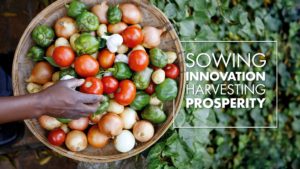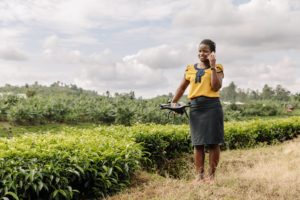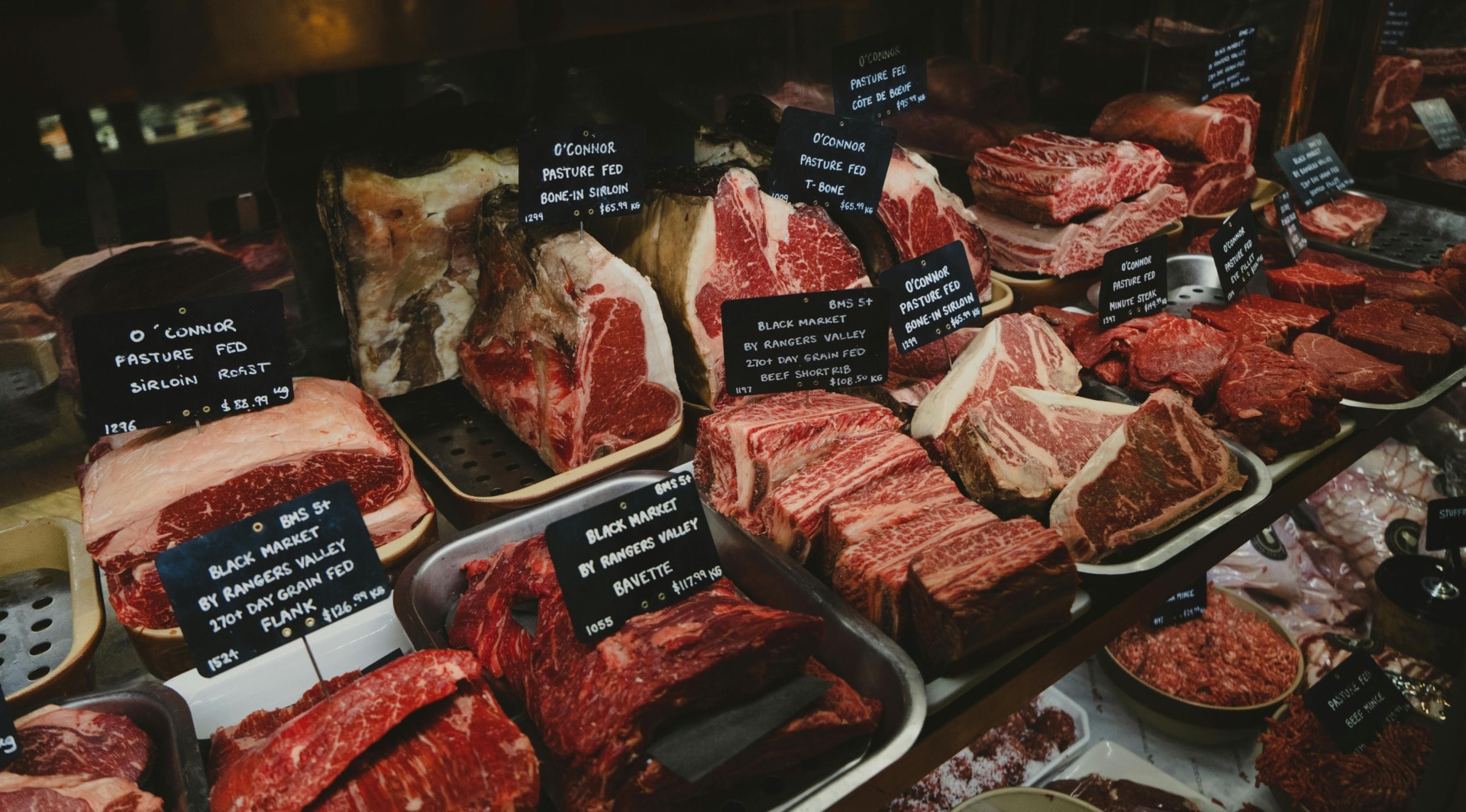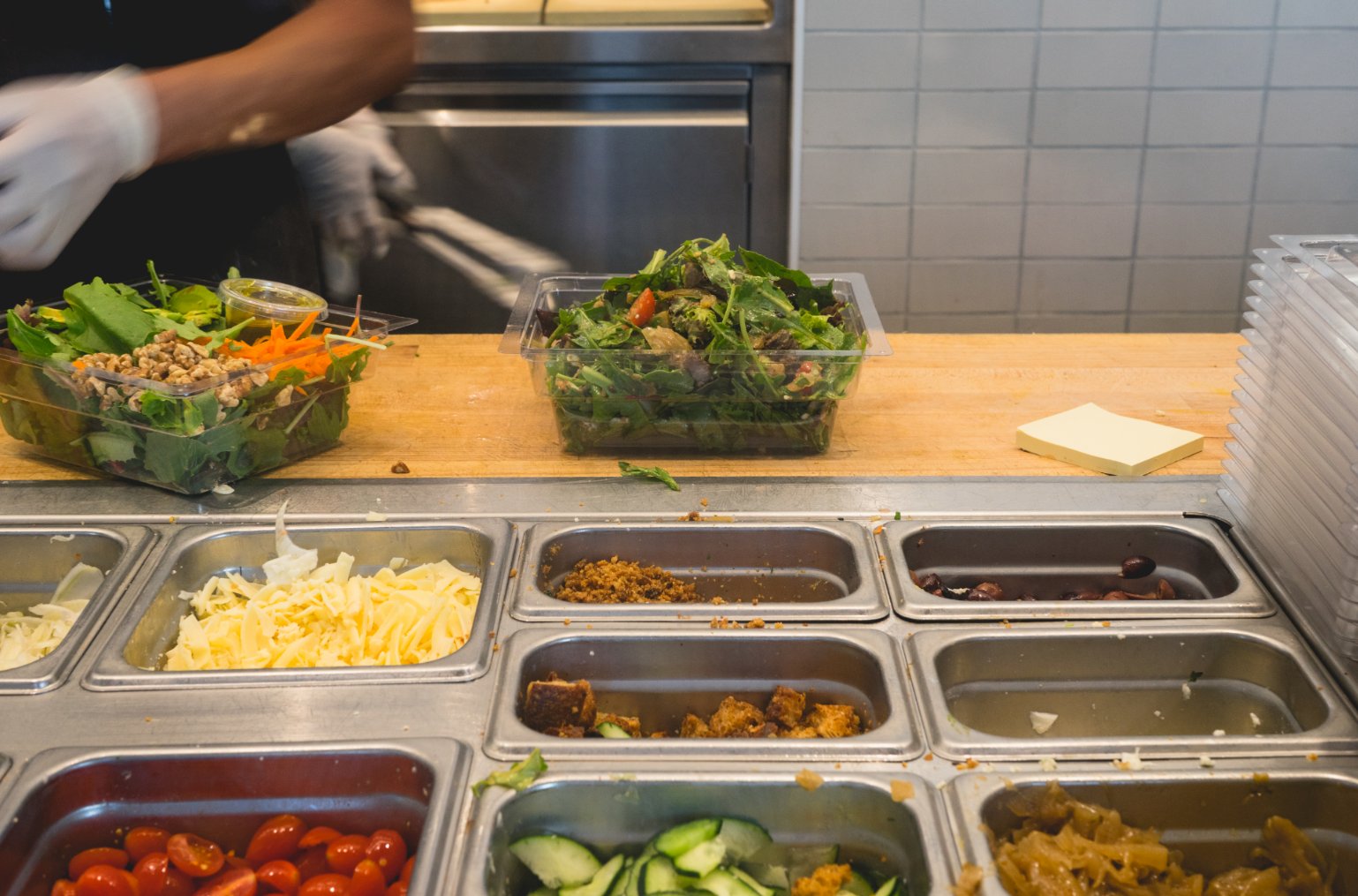The Agricultural sector in Uganda employs over 69 percent of the country’s population, according to Uganda Investment Authority. It contributed to 34 percent growth rate of the country’s GDP in the 2016/17 financial year and is, according to a budget framework paper by the Ministry of Finance, Planning and Economic Development, predicted to contribute an even higher growth rate of 45 percent by the end of the current financial year 2017/18. The sector has indicated a much slower growth than was predicted, at an annual rate of 2 percent over the last 25 years compared to the country’s population growth of 3 percent annually. Compared to the last financial year, however, growth has been indicated to have doubled to 3.2 percent from to 1.6 percent in the previous financial year.
In the most recently published National budget 2018/19, the Agricultural sector was allocated UGX 893 billion, an increase from UGX 832.42 billion in the previous financial year.
Commercialization of agriculture is a key result area for the Ministry of Agriculture and is a key target area for financing by the Ministry of Finance in the near future. In the most recently published National budget 2018/19, the Agricultural sector was allocated UGX 893 billion, an increase from UGX 832.42 billion in the previous financial year.
Farmers in the Northern parts of Uganda face many challenges in the sector. The lack of enough funding from the Government, recovery from the LRA war and harsh weather patterns aside, other serious constraints include: lack of access to relevant and timely agricultural information; the need for more skills empowerment initiatives such as agribusiness and entrepreneurial skills; and poor attitudes and mindsets that are dictated by patriarchal beliefs which strongly influence power dynamics in many settings including resource control and ownership, continue to hinder progress in the agricultural sector in this part of the country.
In the Photo: Farmers from farmer groups hosting WOUGNET’s Project CARP in the Apac District. Photo Credit: WOUGNET
WOUGNET over the years has worked to restore confidence among farmer communities in parts of this region, through implementing projects that enable access to vital agricultural information, skills development relevant to and in line with the benefits that the sector has to offer, and awareness raising to change mindsets and attitudes towards gender roles in society. This has been enabled and sustained over the years through various project and program activities and initiatives.
In 2005, WOUGNET, with support from the Technical Center for Agricultural and Rural Cooperation (ACP-EU (CTA)) initiated a project on Enhancing Access to Agricultural Information using ICTs in Apac (EAAI). This project was the result of a study that indicated the need for relevant agricultural information including: improving product quality, use of improved seed and crop varieties, plant pest and disease control, soil management and conservation, among others. The findings indicated that the lack of information has led to limited production which has resulted in limited income and poverty.
Related Articles:
![]() “HOW DO WE REFRAME AGRICULTURE? THE CASE OF UGANDA”
“HOW DO WE REFRAME AGRICULTURE? THE CASE OF UGANDA”
by Sean Patrick
![]() “THE FUTURE OF AGRICULTURE: DATA-DRIVEN FARMING WITH GRAINSENSE”
“THE FUTURE OF AGRICULTURE: DATA-DRIVEN FARMING WITH GRAINSENSE”
WOUGNET currently leads a consortium of five organizations, implementing a project on Enhancing Rice Green gram productivity in Northern Uganda (ERIGNU). The project, which started in 2017, intends to improve agricultural production and productivity of small-holder farmers for improved incomes and better nutritional status but also address many other social economic challenges that hinder progress in the sector in the districts of Northern Uganda. Initiatives to achieve this include ensuring increased access to quality seeds, empowering farmers to produce quality seeds by themselves through training and interactive research, among other activities.
Photo Credit: Technical Center for Agricultural and Rural Cooperation (ACP-EU (CTA))
Besides the two projects highlighted, WOUGNET has partnered with several agricultural research institutions to ensure agricultural research and innovations are passed down to small-holder farming communities through an action-oriented research approach. Some of these institutions include the National Agricultural Research Organization (NARO), Makerere University College of Agricultural and Environmental Sciences (CAES) and the Regional University Forum for Capacity Building in Agriculture (RUFORUM) among others. These partnerships have promoted sustainable farming systems among rural small holder farmers which have increased their incomes and as result, their livelihoods.
Both projects, that have been implemented in select districts in the Northern part of Uganda, along with other program activities have contributed greatly to:
1. Access to vital agricultural information
The EAAI project saw the setting up of the Kubere Information Center (KIC) in Apac district, which up to date acts as an information resource point. It also supports project implementation and acts as a linkage with farmer groups in Apac and neighboring districts. Although the EAAI project ended in 2011, the KIC is still operational, and can be accessed by local farmers and researchers who need agricultural related information. The sustainability of this information center has been made possible by the presence of ongoing projects which use the center’s already existing facilities and structures.
In partnership with community radio station, Apac radio, the EAAI project was able to provide information through a weekly agricultural show. Under the ERIGNU project, WOUGNET still continues to partner with local radio stations to pass on information, although not on a regular basis as before. Information was also availed through short messaging systems (SMS) through an SMS platform operated at the KIC. These methods registered success and proved very beneficial to farmer groups. Information has also previously been made available on audiotape, videotape, CD-ROM and notice boards. Most of this content is made available in the local Luo dialect.
Photo Credit: Technical Center for Agricultural and Rural Cooperation (ACP-EU (CTA))
2. Skills Empowerment
It is from the KIC that women are able to access information through trainings in good agricultural practices and use of ICT tools such as cell phones. Furthermore, project activities implemented under the ERIGNU project include training in leadership skills, team management, decision making, communication skills and how to apply all these in various settings but especially in production and supply chains related to the source of their livelihood, which is agriculture.
3. Changing attitudes and mindsets that impact power dynamics in various aspects of community life including resource control and ownership.
More training is also carried out on group management and gender issues, and farmers are able to share their experiences, best practices and ideas. In some of the training sessions, particularly on gender issues like decision making, women are encouraged to participate and share their concerns and views. WOUGNET policy is designed to allow for 70 percent women to 30 percent men participation in project and program activities as women are our primary target. In these sessions information on new government and project initiatives is also shared with farmer groups, and farmers are encouraged to reap from the benefits these have to offer.
Enabling environments, including initiatives through projects like the EAAI and ERIGNU are essential in addressing some of the major limitations farmers in the Northern parts of the country face. New information, including that which relates to changes in the ever-evolving information, communication and technology sectors is vital in transforming key sectors like the agricultural sector. Adapting and adopting such changes in technology is vital in attainment of development goals.


















